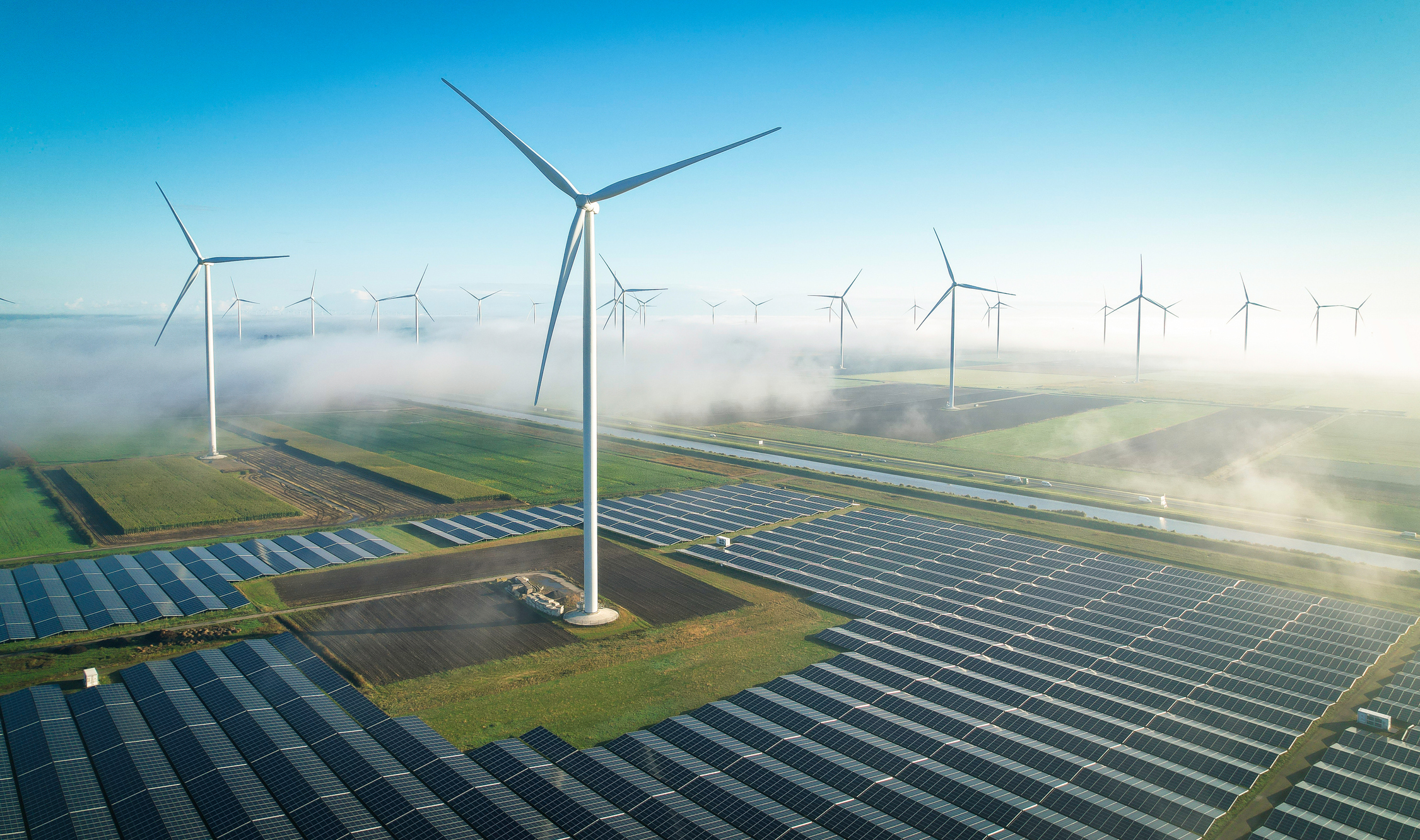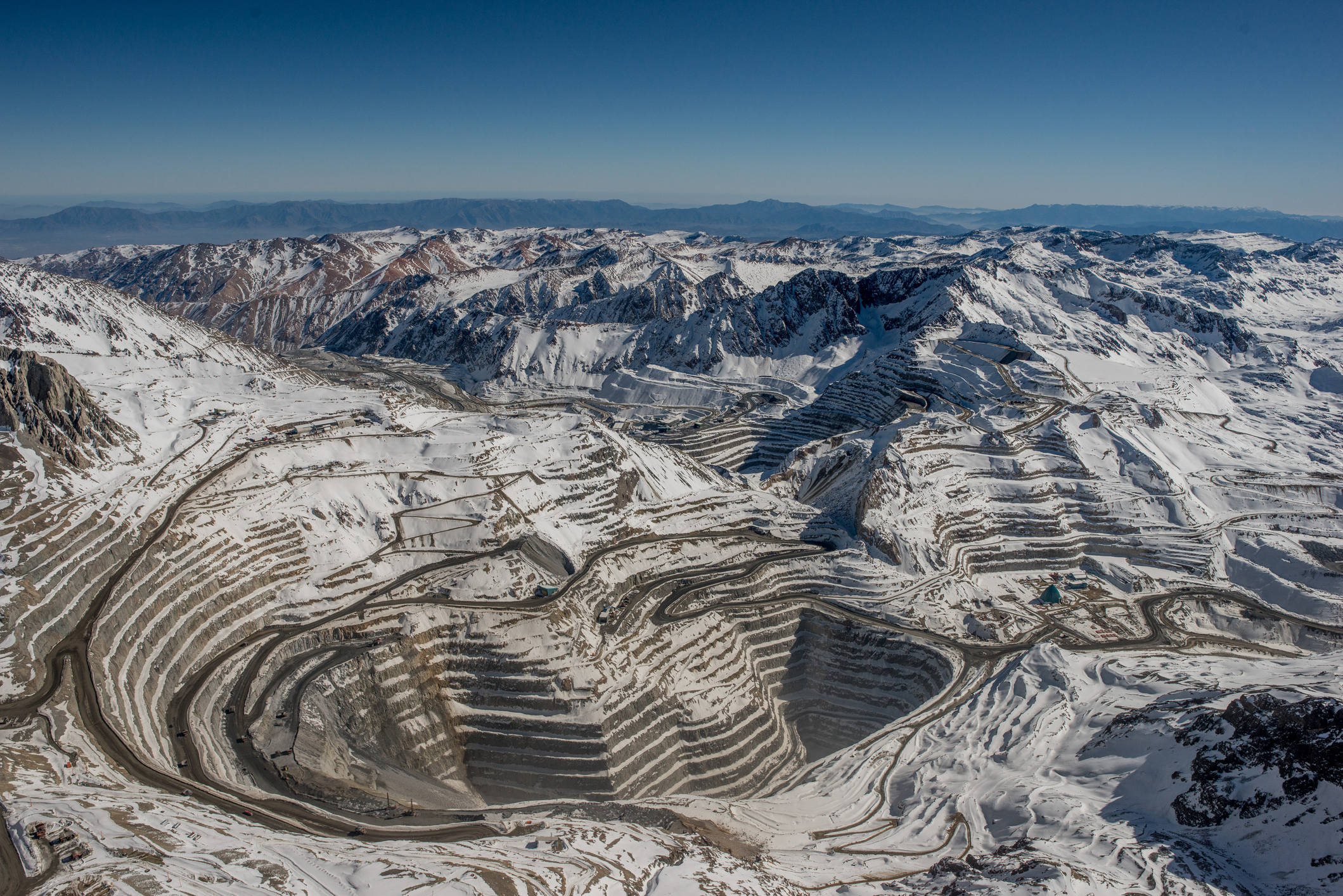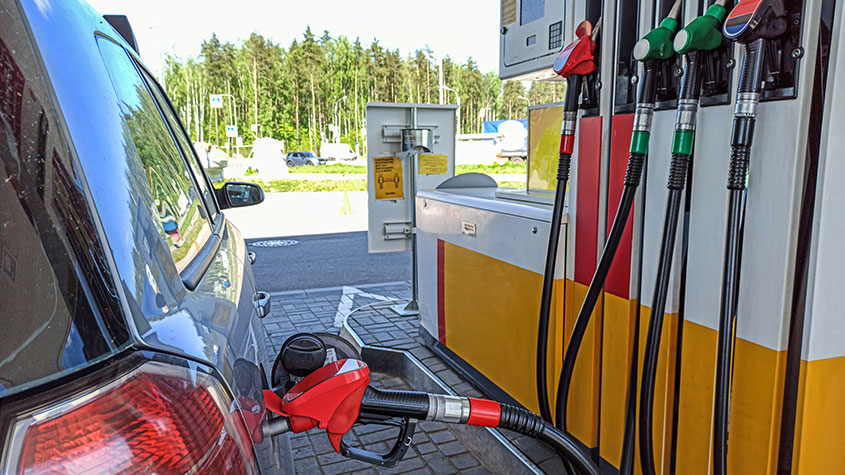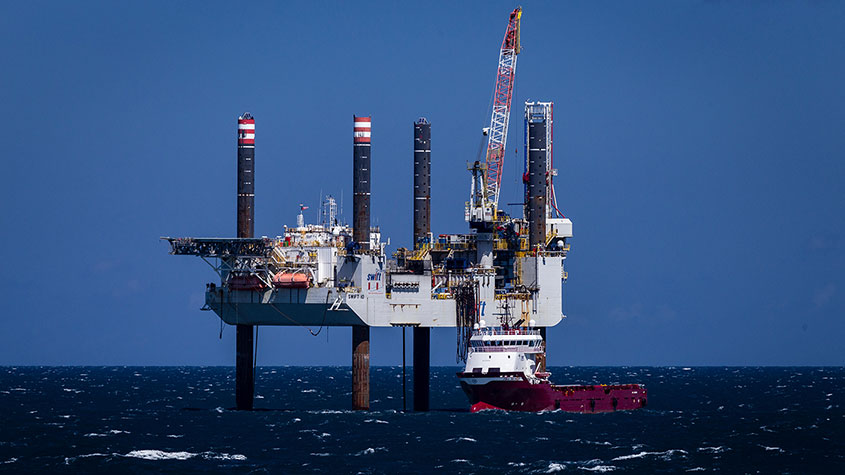The demand for oil is slowing and green energy is taking over
The IEA forecasts oil demand growth to slow sharply in the next few years. The end of the era may be underway.


Get the latest financial news, insights and expert analysis from our award-winning MoneyWeek team, to help you understand what really matters when it comes to your finances.
You are now subscribed
Your newsletter sign-up was successful
Want to add more newsletters?

Twice daily
MoneyWeek
Get the latest financial news, insights and expert analysis from our award-winning MoneyWeek team, to help you understand what really matters when it comes to your finances.

Four times a week
Look After My Bills
Sign up to our free money-saving newsletter, filled with the latest news and expert advice to help you find the best tips and deals for managing your bills. Start saving today!
It looks increasingly likely that the age of oil is on the way out. We’ve been through previous cycles of optimism about other energy sources that didn’t change much: there was plenty of talk about government-backed growth plans involving massive renewables investment after the 2008 crisis, but considerably less action. While there has been increased investment and technological advances that have made renewables cheaper, the world still runs on fossil fuels.
However, it feels different this time. Climate concerns and geopolitical issues have created
a vast incentive for countries such as the US to invest in energy infrastructure (see right). The latest forecasts from the International Energy Agency (IEA), published last week, are clearly in line with that scenario.
MoneyWeek
Subscribe to MoneyWeek today and get your first six magazine issues absolutely FREE

Sign up to Money Morning
Don't miss the latest investment and personal finances news, market analysis, plus money-saving tips with our free twice-daily newsletter
Don't miss the latest investment and personal finances news, market analysis, plus money-saving tips with our free twice-daily newsletter
The IEA thinks that demand growth will slow sharply in the next few years as electric vehicles replace ones that run on fossil fuel. Demand will rise by 2.5 million barrels per day (mb/d) this year, but by 2028 the annual increase will be just 0.4 mb/d. We’ll still use plenty of oil, but it will be petrochemical demand (and to some extent aviation, the hardest transport use to replace) that drives demand growth. Thus the IEA expects total demand of 105.7 mb/d in 2028 and still rising, but combustible fossil-fuel demand to hit a absolute peak of 81.6 mb/d in the same year.
The IEA’s forecasts have had “a questionable history” as Bloomberg puts it – ie, they are very often very wrong. Still, this outlook seems pretty plausible. It’s hard to see what would drive a much faster growth in fossil fuels in a world in which many major economies see the energy transition as a way to drive economic growth. The IEA estimates that more than $2trn is already lined up for clean-energy investment by 2030.
It’s harder to say what this means for oil prices. In the short term, demand doesn’t look especially bullish. Oil demand growth tracks global GDP growth, deflated by about 1.6 percentage points due to efficiency gains, argues Daval Joshi of BCA Research in a recent note. He thinks economic growth and oil forecasts are still too optimistic, and reckons crude could drop to $55.
On the supply side, the IEA is forecasting tight markets next year, on the basis that Chinese demand will rise and Opec will cut demand. That may be unduly bullish: more supplies from sanctioned countries (Iran, Russia and Venezuela) are making their way into markets, and Saudi Arabia’s unilateral cut this month showed that it is struggling to get its Opec peers to join in.
Still, weak prices discourage more investment: US active oil and gas rig have dropped sharply in recent weeks. Ultimately, around $70 may be the sweet spot – generating enough cash without encouraging firms to spend it. The worst scenario for investors would be for Big Oil to ramp up output in the face of the shift the IEA predicts.
Get the latest financial news, insights and expert analysis from our award-winning MoneyWeek team, to help you understand what really matters when it comes to your finances.

Cris Sholt Heaton is the contributing editor for MoneyWeek.
He is an investment analyst and writer who has been contributing to MoneyWeek since 2006 and was managing editor of the magazine between 2016 and 2018. He is experienced in covering international investing, believing many investors still focus too much on their home markets and that it pays to take advantage of all the opportunities the world offers.
He often writes about Asian equities, international income and global asset allocation.
-
 The downfall of Peter Mandelson
The downfall of Peter MandelsonPeter Mandelson is used to penning resignation statements, but his latest might well be his last. He might even face time in prison.
-
 Default pension funds: what’s in your workplace pension?
Default pension funds: what’s in your workplace pension?Default pension funds will often not be the best option for young savers or experienced investors
-
 Is the market missing the opportunity in energy?
Is the market missing the opportunity in energy? -
 6 stocks to buy to invest in Latin America
6 stocks to buy to invest in Latin AmericaThe region is the world’s one-stop shop, boasting the raw materials required for the energy transition and key foodstuffs to cater for growing populations, says James McKeigue. Here’s how to profit.
-
 Is now the time to invest in oil as oil stocks top the S&P 500?
Is now the time to invest in oil as oil stocks top the S&P 500?Tips Oil stocks have enjoyed massive gains in the S&P 500. We take a look at the index’s best and worst performers and if now is a good time to invest in crude oil.
-
 Fuel prices could rise again as Opec cuts production
Fuel prices could rise again as Opec cuts productionNews Major oil-producing countries have decided to cut oil production by two million barrels per day – could this mean higher fuel prices?
-
 Why is the petrol price rising again?
Why is the petrol price rising again?Brits are being hit by a triple-whammy of increasing oil prices, a falling pound, and new fuel mix standards that are pushing up petrol prices
-
 John Wood Group: needs polish, but has plenty of potential
John Wood Group: needs polish, but has plenty of potentialTips Oilfield engineer John Wood’s share price has underperformed, its prospects are solid and it looks too cheap
-
 Five London-listed stocks to play the coming oil shortage
Five London-listed stocks to play the coming oil shortageTips After peaking in June, the oil price has fallen back and oil companies have fallen out of favour with investors. But with supply predicted to outstrip demand, there are plenty of opportunities to profit. Here, Rupert Hargreaves picks five of the best London-listed oil stocks to buy now.
-
 How to invest in copper, the most important metal in the world
How to invest in copper, the most important metal in the worldCover Story As the world looks to electrify and try to move away from fossil fuels, copper looks set to be the biggest beneficiary. But how can you invest? Rupert Hargreaves analyses the sector.